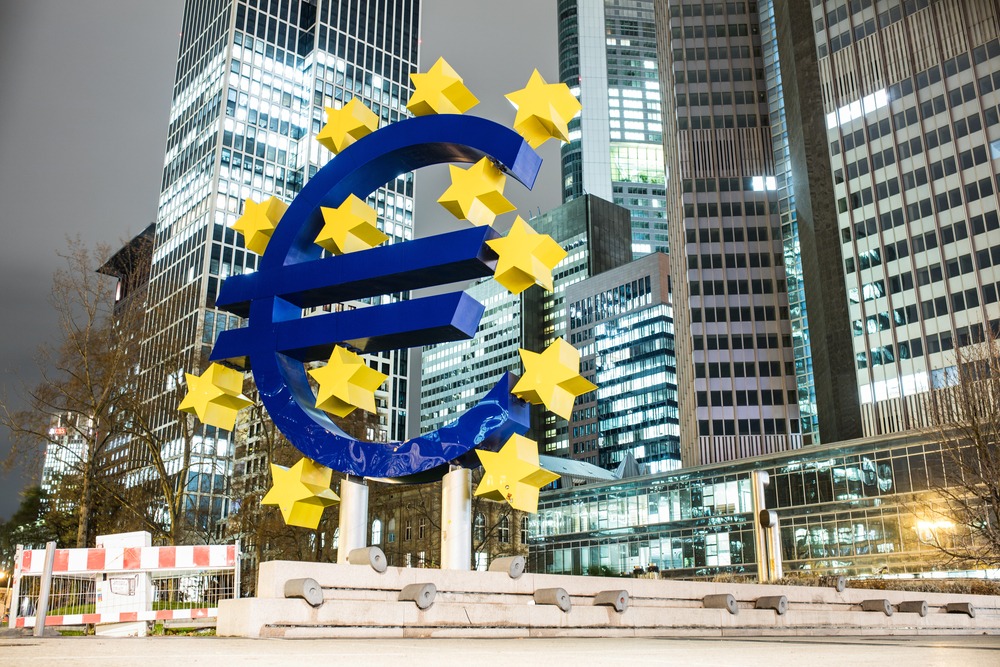After the ECB’s surprise swing toward tighter monetary policy, European corporations intending to fund M&A and capital expenditures on bond markets this year are confronting a sharp increase in borrowing prices and reluctant buyers. Bonds have become a more important source of finance for enterprises in the euro zone than bank loans, particularly after the financial crisis. Bond rates from investment-grade (IG) European corporations have risen 60 basis points as a result of European Central Bank President Christine Lagarde’s hawkish tone following the bank’s February meeting, which opened the door to rate rises this year.
Euro credit had been less affected by the hawkishness of the US Federal Reserve in January, with IG bonds posting less than half the losses in the US. However, following the ECB, rates have more than quadrupled this year, reaching 1.18 percent, the highest level since May 2020, according to BofA.
Outlook on the Resulting Inflation
Although this is still a very low rate, a large increase in borrowing expenses is noteworthy. If this trend continues, it will have an influence on businesses’ willingness to invest, limiting economic development. As a result, central banks are keeping a close eye on credit spreads. IG spreads increasing to 150-175 bps, up from approximately 110 bps now, would induce a dovish move from the ECB, according to nearly half of investors in BofA’s February credit investor survey.
According to BofA’s poll, only 16 percent of European credit investors are net long on IG debt, the lowest level since 2019 and down from 27% in December, while corporate debt funds are keeping more cash than they have in years.
With the ECB projected to stop buying bonds by September, issuers may have to start hitting the markets sooner rather than later. Last year, the ECB purchased about 70 billion euros in corporate debt, accounting for around 6% of its overall acquisitions during that time period. According to BNP Paribas, IG spreads have widened by around 25 basis points this year, and the additional premium businesses pay for fresh bond sales is already larger than the average since 2015.














